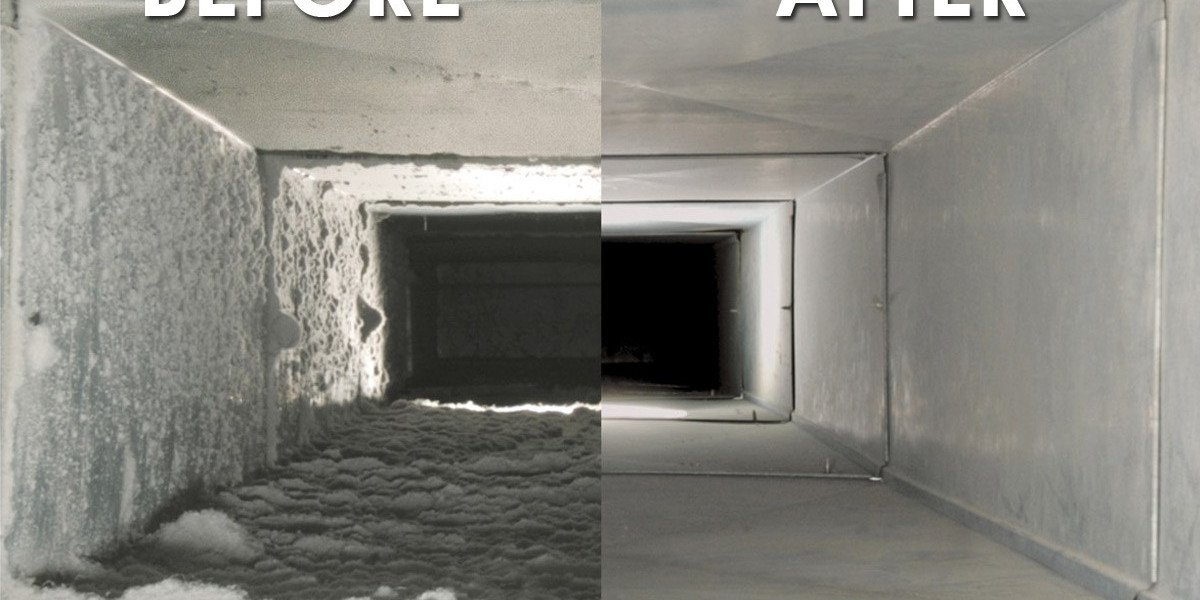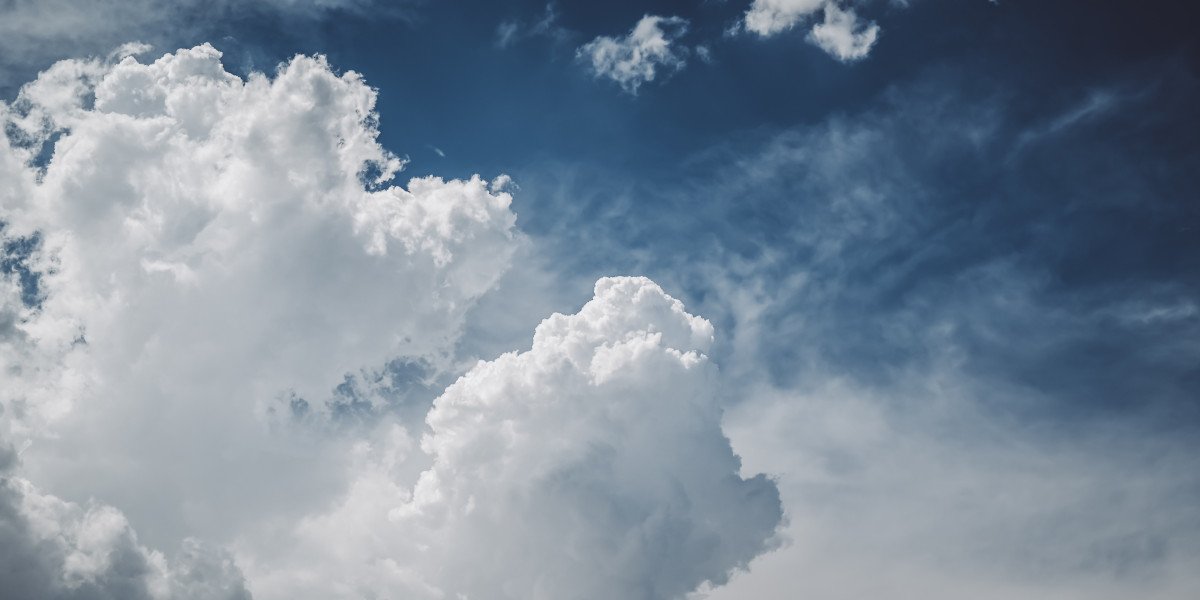Air Handler Cleaning is a vital component of your HVAC system, responsible for circulating air and maintaining indoor comfort. Over time, it can accumulate dirt, dust, and moisture, which not only reduce its efficiency but also compromise the air quality in your home or workplace. Regular air handler cleaning is essential to ensure optimal performance, energy efficiency, and a healthy indoor environment.
What is an Air Handler?
An air handler is a unit in your HVAC system that manages the flow and conditioning of air. Its main components include:
- Blower Motor: Distributes air throughout the system.
- Filters: Capture dust, allergens, and other airborne particles.
- Coils: Heat or cool the air.
- Drain Lines and Pans: Remove moisture produced during cooling.
Dirt, debris, and biological growth can accumulate in these components, affecting their functionality and efficiency.
Why is Air Handler Cleaning Important?
Improves Indoor Air Quality
Over time, an air handler can harbor dust, mold, and allergens. These contaminants can circulate through your living or working space, leading to respiratory issues and allergies. Regular cleaning helps ensure cleaner, healthier air.Enhances Energy Efficiency
A dirty air handler requires more energy to move air and maintain the desired temperature. Cleaning it reduces energy consumption and lowers utility bills.Extends Equipment Lifespan
A well-maintained air handler experiences less wear and tear, prolonging its life and reducing the need for costly repairs or replacements.Prevents Mold Growth
Moisture buildup in the unit can lead to mold, which not only damages the system but also poses health risks. Regular cleaning and maintenance prevent these problems.
How to Clean an Air Handler
While professional services are ideal for a thorough cleaning, homeowners can handle basic maintenance tasks.
DIY Cleaning Steps
- Turn Off Power: Safety first—always disconnect power to the HVAC system before cleaning.
- Replace Air Filters: Dirty filters reduce efficiency. Replace them every 1-3 months.
- Vacuum the Interior: Remove dust and debris from accessible areas, including the blower and ducts.
- Clean the Coils: Use a non-corrosive coil cleaner to remove buildup on the evaporator and condenser coils.
- Clear Drain Lines: Flush the drain lines to prevent clogs and standing water.
- Inspect Components: Look for wear, rust, or damage that might require professional attention.
When to Call a Professional
For deep cleaning and comprehensive inspections, it’s best to hire a licensed HVAC technician. Professionals can:
- Remove buildup in hard-to-reach areas.
- Address mold and bacteria growth.
- Optimize system performance through advanced tools and techniques.
How Often Should You Clean Your Air Handler?
The cleaning frequency depends on the environment and usage:
- Residential Systems: Annually for general maintenance.
- High-Traffic or Dusty Areas: Every 6 months.
- Commercial Systems: Quarterly or as recommended by your HVAC provider.
Conclusion
Air handler cleaning is a vital part of HVAC maintenance that pays off in improved air quality, reduced energy costs, and prolonged system life. Whether you handle basic cleaning tasks yourself or schedule professional maintenance, keeping your air handler clean ensures a more comfortable and efficient environment.








